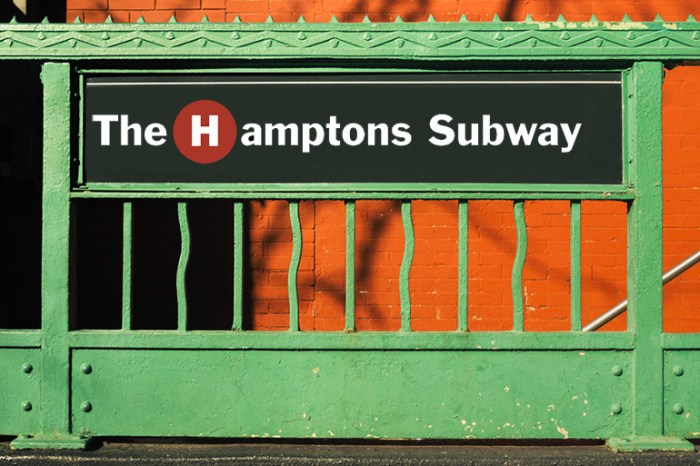NCVOA represents all of NC’s 64 incorporatedvillages, working for the benefit of local government
“Villages were created to provide efficient services under local control and the watchful eye of residents,” stated Nassau County Village Officials Association President Ralph Kreitzman, mayor of the Village of Great Neck. “Village government is the government closest to the people, the most cost-effective, efficient, and responsive form of local government.” And it is the mission of the NCVOA to support and preserve these critical municipalities.
Founded in 1925, the NCVOA consists of the 64 incorporated villages in Nassau County, with nearly 435,000 residents. “Our organization proudly serves as an advocate for municipal governments and residents on local, state and national levels,” Mayor Kreitzman told Anton Newspapers. The NCVOA leaders are the mayors and trustees of the villages, “your friends and neighbors … accessible at all hours of the day and night … they care about the communities in which they live and are dedicated to making them as desirable as possible.”
Mayor Kreitzman continued, explaining that the “NCVOA functions as a resource for village officials, providing education, shared services, and other opportunities for villages to improve efficiencies and maintain a quality of life for their residents.”
Many Nassau County villages were created more than 100 years ago, during the more rural days of the county. According to Mayor Kreitzman: “It is not surprising that most of the people who live in an incorporated village chose to do so for one simple reason … they desire a special quality of life and level of services … they do not want a government that is distant, unresponsive, and costly.”
Mayor Kreitzman continued: “Dollar for dollar, village government is the most efficient and cost effective vehicle for providing necessary and other services that residents need and want. Unlike towns or cities, villages do not have high salaried senior officials or multi-layers of bureaucracies and duplication. Nearly all mayors and trustees serve part-time and receive little, if any, compensation.” And he added that, “In addition to being organized with economically efficient staffs, villages have taken the lead in controlling rising costs by sharing services and equipment.”
According to NCVOA Executive Director Warren Tackenberg, former mayor of New Hyde Park, the organization works towards “encouraging and stimulating cooperation among the member villages for their mutual benefit and welfare.”
To this end, Mr. Tackenberg added: “The NCVOA is dedicated to providing village officials with a forum for exchanging ideas and experiences in the administration of their municipal duties; developing educational programs and conferences to assist village officials with implementing their civic responsibilities; studying and discussing various activities and actions that will benefit the public safety, health and welfare of the member villages governed by these officials; and investigating and discussing the most efficient means and methods of village government.”
On a regular basis, the NCVOA is continually engaged in advocating for villages, advocating both in Nassau County and in New York State. They educate members at monthly meetings and provide interesting, relevant speakers at those meetings. Reports are presented at the meetings, and, as well, reports are published in a monthly newsletter. NCVOA members spend considerable time monitoring topics and issues that may be relevant to the villages and then report back with vital information. NCVOA meetings serve as a forum for discussion and the sharing of experiences and useful information. Members have the opportunity each month to share such information such as cost-saving initiatives. One such example is a program that permits villages, their businesses, and their residents to receive an 8 percent discount off the National Grid price for supplies of natural gas.
A crucial tool for the NCVOA is to advocate for member villages, at all levels of government. In addition to the monthly general membership meetings, an executive committee comprised of the NCVOA’s four officers and nine mayors or trustees also meets monthly to review issues facing the villages, prepare the reports presented at meetings, develop the organization’s programs, and communicate with the members. The executive committee also meets periodically with the county executive and other representatives of government and private organizations for the benefit of their members.
Currently troublesome topics facing the villages include the mandated tax cap along with unfunded mandates; the consolidation/dissolution law which the NCVOA believes did not produce the anticipated results and caused expense and problems for a number of villages; and last year’s voting machine law which permitted villages to use old lever machines at enormous cost savings, but only until the end of 2012.
Current NCVOA officials include: President Ralph J. Kreitzman, mayor of the Village of Great Neck; First Vice President Peter I. Cavallaro, mayor of Westbury; Second Vice President David E. Tanner, mayor of East Williston; and Treasurer Barbara Donno, mayor of Plandome Manor.
The Nassau County Village Officials Association committees include the following: Advisory Committee (comprising all past presidents; By-Laws Committee; Educational (Legislative) Committee; Emergency Management; Financial Management; Journal; LIMCPG (co-op purchasing); Newsletter; Program Committee; Smart Government Committee; Solid Waste Committee.
For further information on the NCVOA visit the website: NCVOA.org.


































